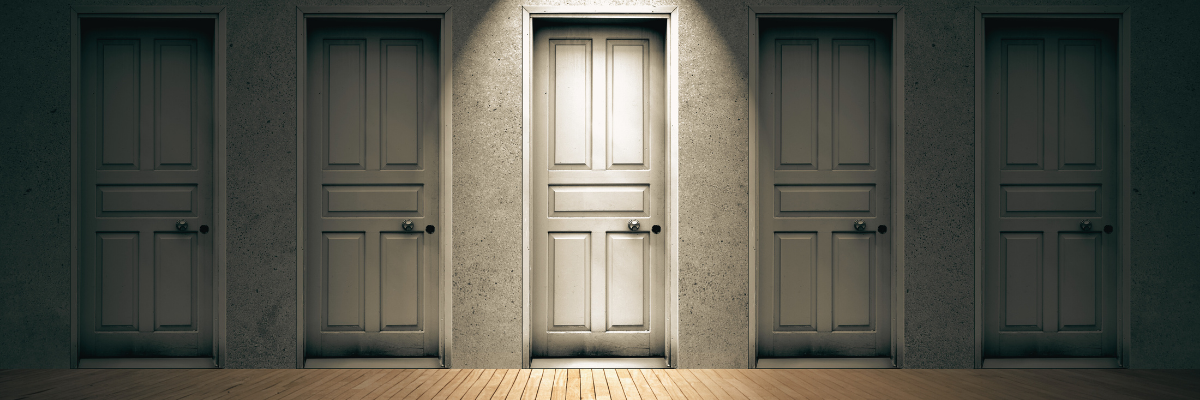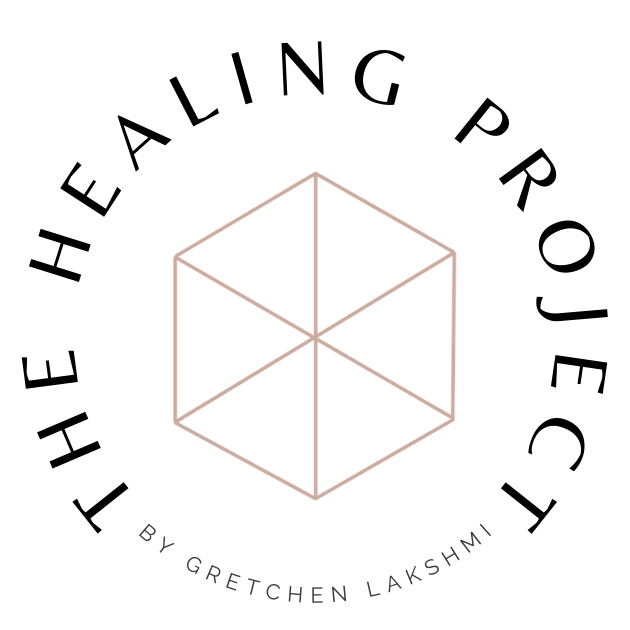Let Go of the Need to Be Understood by Your Abuser
I've talked with hundreds of survivors, and many of them shared how
the abuse didn’t end when the relationship did, it just changed shape.
What used to be shouting, manipulation, or control in their relationships reappeared later in problematic situations where:
- Their words or actions were twisted.
- They were purposely excluded or withheld from important information.
- Disparaging words were whispered into the ears of their own community and family members, even their own children.
- And so much more...
It’s still chaos, but a quieter form of chaos that hides in the day-to-day.

When an abuser
insists on being the victim in every version of the story,
you become the villain by default. And no matter how calm, responsible, or detached you try to be, they find new ways to pull you back into their narrative.
- For some it might be an abusive member of the family or other dynamic; friends, work, etc.
- For me, personally, it's in the logistics of raising children with someone who thrives on conflict.
RELATED POST:
Coparenting with a Narcissist? Why Parallel Parenting May Be Your Lifeline
Every October during Domestic Violence Awareness Month, I share part of my own story. This year, I'm sharing how I cultivated peace when the other person was determined to rewrite history, by letting go of their narrative. Because, I know...
Coexisting with an abuser determined to villainize you is exhausting.
But, I also understand that without an enemy, an abuser's sense of control begins to crumble.

For a long time, I tried to understand it... to reason, to clarify, to somehow prove that I wasn’t the person he imagined me to be.
But logic doesn’t work in a world built on distortion.
I've learned that some people need to live in a story where they've been wronged. Where someone else can be blamed for:
- Their unhappiness.
- Their choices.
- Their consequences.
And once you become the chosen “enemy” in that story...
- It doesn’t matter how little you engage, they'll still find a way to keep you in the script.

It can be disappointing, annoying, frustrating, or even infuriating to watch...
Especially when children are involved.
- They hear pieces of the story they were never meant to carry, and you’re left trying to protect them from a narrative that isn’t true... without speaking badly about the other person.
It’s a tightrope walk between silence and self-respect, between peace and protection. But it’s also where I learned one of the hardest truths about surviving abuse after separation: you cannot control how your abuser sees you, but you can control how you see yourself.

There came a point when I realized that I was fighting a battle I could never win, because...
I wasn’t actually fighting him, I was fighting his version of me.
No matter what I did, said, or proved, he needed me to remain the villain. That’s how he made sense of the world. And every time I tried to defend myself or correct his narrative, I unknowingly fed into a dynamic that I let him control.
- It was like playing a game where he made all the rules, and the rules changed every time I started to win.
So, I stopped playing.

When you stop trying to convince someone who’s committed to misunderstanding you, something incredible happens...
- Your energy starts to come back to you.
- The air feels different.
- You stop waiting for fairness or accountability to arrive from the outside and start finding it within yourself.
None of it was about forgiveness, or pretending what happened didn’t matter.
It was about refusing to let his behavior define who I was.
That shift from reaction to response, from defense to detachment became the beginning of my peace. And instead, I started asking myself:
- What do I need to feel grounded today?
- How can I respond in a way that honors my values, not his chaos?
- Where can I put my energy that will actually help me and my children heal?
The more I focused on those questions, the smaller his noise became. I learned that silence can be its own kind of power, not the silence of fear, but the silence of freedom.

- For a long time, I thought peace would only come in 10 years, when the kids would be grown and I'd never have to see or speak to him again. That's still a long way down the road for me.
- For many survivors, that's where they eventually find peace; in distance, safety, and quiet.
But when you share children or other unavoidable ties, full separation isn’t always possible. And that can feel heavy, especially when you’ve worked so hard to build a life beyond the abuse.
Peace isn’t something that arrives after the storm ends.
It’s something you build inside yourself while the winds are still blowing.
Peace, for me, began with lowering my expectations of him and raising my boundaries for myself. That meant the ability to recognize and radically accept that:
- He’s going to twist the truth.
- He’s going to project.
- He’s going to tell stories that make me out to be the villain.
That’s who he’s decided I am, and that’s who he’ll continue to see, no matter how much reality contradicts him.

But I don’t have to play into that anymore.
Now, when he throws a jab through our children, like a comment meant to wound or provoke me, I don’t rush to defend myself.
Instead, I breathe.
I remember that my children are watching both of us.
- And I want them to see what calm strength looks like.
I want them to know that peace doesn’t come from being right; it comes from refusing to be dragged into the chaos.
Peace isn’t passive. It’s a conscious act and takes effort.
- It’s choosing to be steady when someone else thrives on instability.
- It’s refusing to hand over your energy, no matter how tempting it is to set the record straight.
- And every time you choose that (even once) you take a piece of your power back.

One of the hardest lessons I’ve learned is that not everyone will see the truth, and some will choose not to. They won't even bother to ask for your perspective. I have this relationship dynamic with my stepfather and his family, too.
- You could spend years gathering evidence, defending your name, explaining your side. And still, the people who want to believe the abuser’s story will find a way to justify it. Again, this is where radical acceptance becomes a way to find peace.
At some point:
- You stop trying to convince.
- You stop explaining.
- You stop pouring your energy into a black hole that will never give back understanding or empathy.
- And you start doing something braver... you begin to live your truth quietly, consistently, and unapologetically.
That’s where your freedom begins.
When you no longer need them to see you clearly:
- You finally see yourself clearly again.
- You start to notice the strength that carried you through every storm.
- You begin to rebuild the small, sacred parts of your life that no one can touch...
- The laughter of your children.
- The peace of your own space.
- The pride in your resilience.

Healing in the midst of ongoing abuse isn’t easy.
- In fact, it’s a daily act of courage, and some days might be better than others.
But every time you choose calm over conflict, self-respect over reaction, and peace over proving, you're breaking the cycle in real time.
You’re showing yourself, your loved ones, and your children that love doesn’t have to look like pain.
That dignity doesn’t require someone else’s validation. And even when the story they tell about you is false, your life itself becomes the truest form of proof.
So to anyone living this same story: You are not powerless because you can’t go no-contact. You're powerful because you're learning to be free even while they’re still trying to pull you back in. And that kind of freedom, the kind that blooms in impossible places, is the most unshakable kind of all.
With softness and strength,
Gretchen
SOMATIC TRAUMA SPECIALIST + ENERGETIC INTUITIVE

SHARE ON PINTEREST








